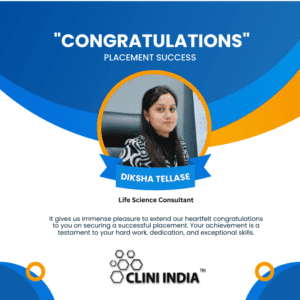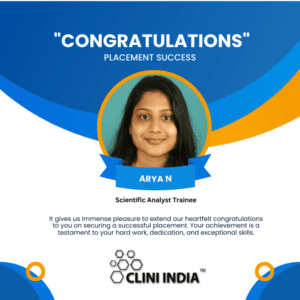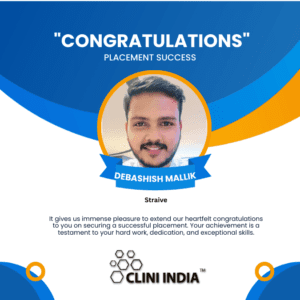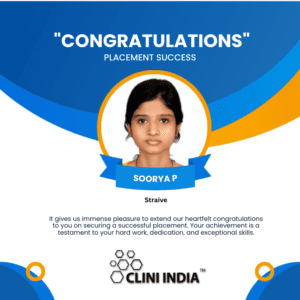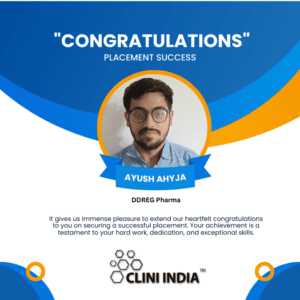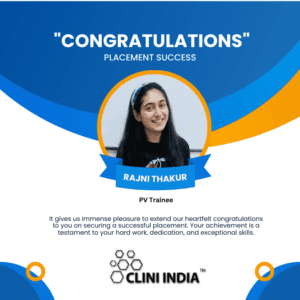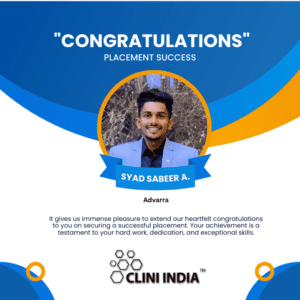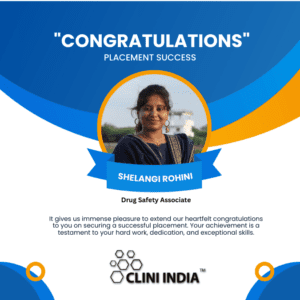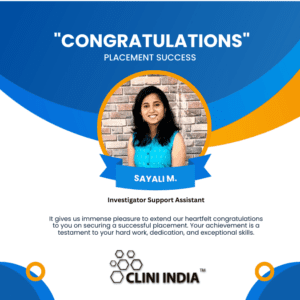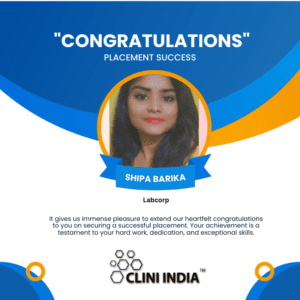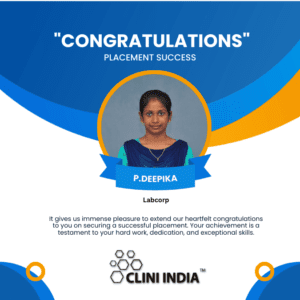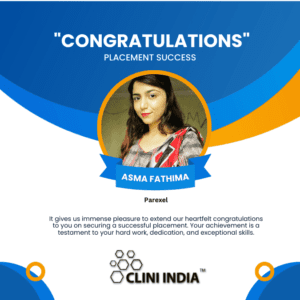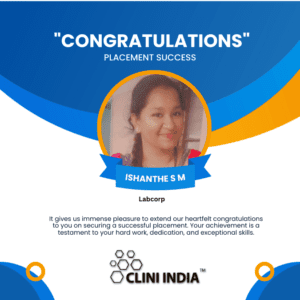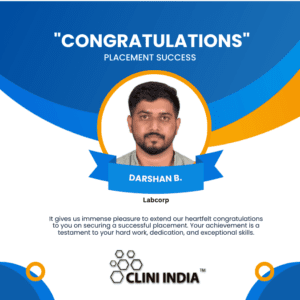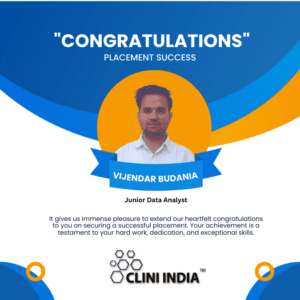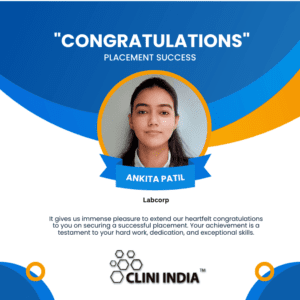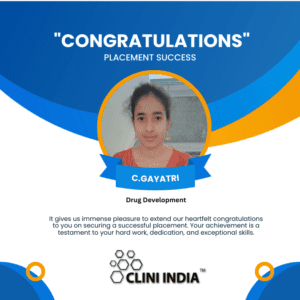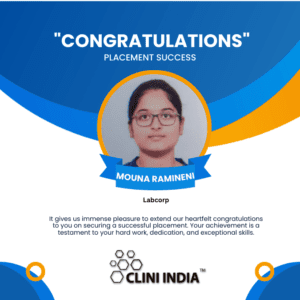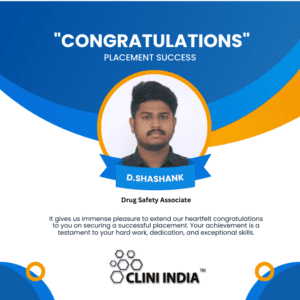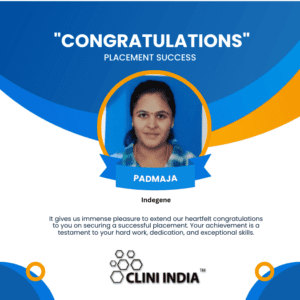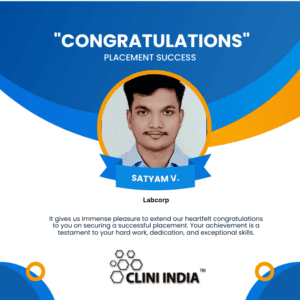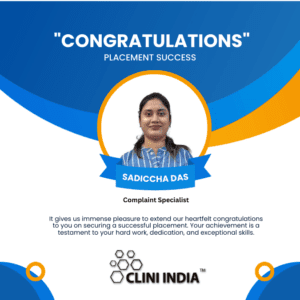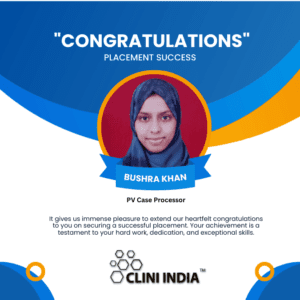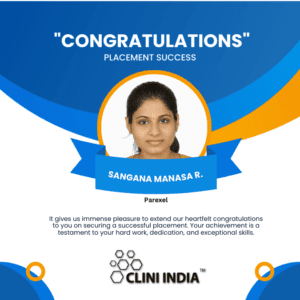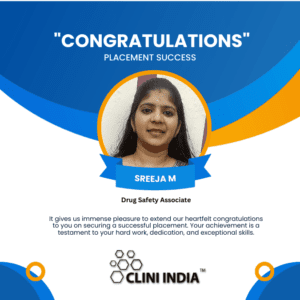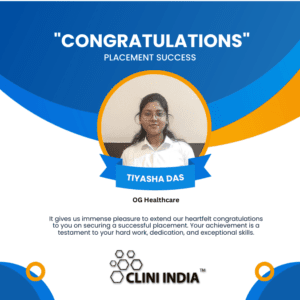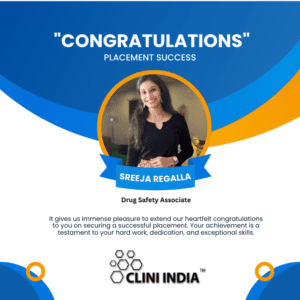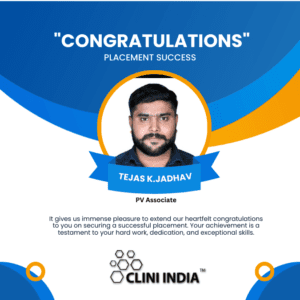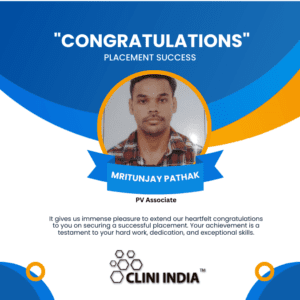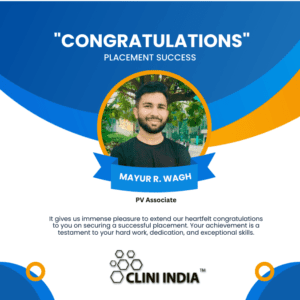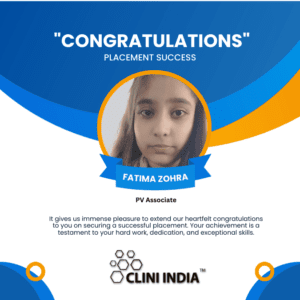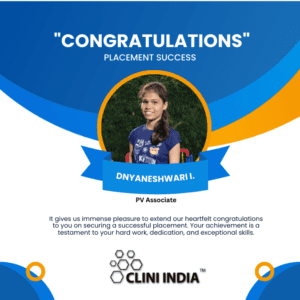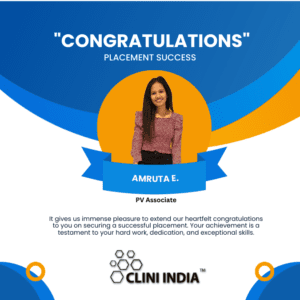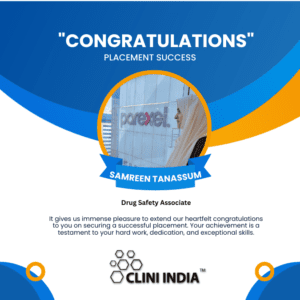Pharmacovigilance
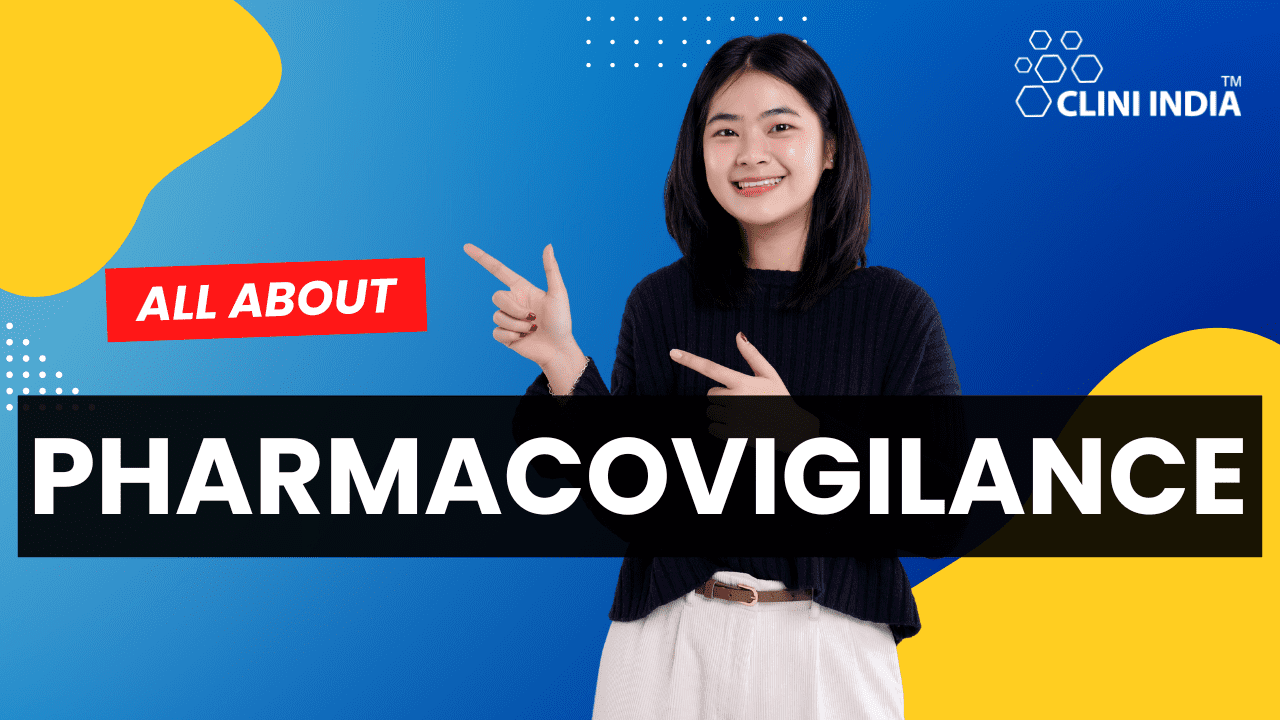
What is Pharmacovigilance?
Pharmacovigilance is the pharmacological science relating to the detection, assessment, understanding and prevention of adverse effects, particularly long term and short term side effects of medicines. In general, Pharmacovigilance is the science of collecting, monitoring, researching, assessing and evaluating information from healthcare providers and patients on the adverse effects of medications, biological products, herbalism and traditional medicines with a view to: identifying new information about hazards associated with medicines preventing harm to patients. Pharmacovigilance is particularly concerned with adverse drug reactions, or ADRs, which are officially described as: “A response to a drug which is noxious and unintended, and which occurs at doses normally use for the prophylaxis, diagnosis or therapy of disease, or for the modification of physiological function.
Call & Enroll for Pharmacovigilance Program over the phone with one of our SMEs at : +91 888-690-4030
Job Designations in Pharmacovigilance
Different Job Designations and Profiles in Pharmacovigilance and Drug Safety
Job Designations:
-
Pharmacovigilance Associate/Officer:
- Responsible for case processing, data entry, and initial assessment of adverse event reports.
- Ensures accurate and timely documentation of drug safety information.
-
Drug Safety Specialist:
- Manages and analyzes safety data.
- Prepares safety reports and conducts risk assessments.
- Coordinates with clinical and regulatory teams.
-
Pharmacovigilance Scientist:
- Conducts detailed analysis and interpretation of safety data.
- Prepares regulatory submissions and safety update reports.
- Develops risk management plans and safety strategies.
-
Signal Detection Specialist:
- Monitors and analyzes data to identify safety signals.
- Investigates potential safety issues and trends.
- Recommends risk mitigation actions.
-
Pharmacovigilance Manager:
- Oversees pharmacovigilance operations and teams.
- Ensures compliance with regulatory requirements and company policies.
- Manages adverse event reporting and safety data management.
-
Drug Safety Manager:
- Manages safety surveillance activities and safety databases.
- Coordinates with cross-functional teams to address safety concerns.
- Ensures regulatory compliance in safety reporting.
-
Regulatory Affairs Specialist:
- Prepares and submits safety reports to regulatory authorities.
- Monitors regulatory changes and ensures compliance.
- Liaises with regulatory agencies on safety-related issues.
-
Medical Reviewer:
- Conducts medical review of adverse event reports and safety data.
- Provides clinical insights into safety assessments and risk evaluations.
- Collaborates with medical and scientific teams.
-
Safety Data Analyst:
- Analyzes safety data using statistical and analytical tools.
- Prepares safety reports and presentations.
- Supports signal detection and risk management activities.
-
Risk Management Specialist:
- Develops and implements risk management plans.
- Monitors risk mitigation strategies and their effectiveness.
- Collaborates with regulatory and clinical teams on safety issues.
-
Pharmacovigilance Compliance Specialist:
- Ensures adherence to pharmacovigilance regulations and guidelines.
- Conducts audits and inspections.
- Implements corrective and preventive actions.
-
Pharmacovigilance Quality Assurance (QA) Manager:
- Oversees quality assurance activities in pharmacovigilance.
- Ensures compliance with SOPs and regulatory requirements.
- Conducts internal audits and supports external inspections.
-
Medical Information Specialist:
- Provides information on drug safety and pharmacovigilance to healthcare professionals and patients.
- Responds to safety-related inquiries.
- Supports pharmacovigilance activities with medical expertise.
-
Global Safety Lead:
- Oversees global safety surveillance and pharmacovigilance activities.
- Develops global safety strategies and policies.
- Ensures coordination and compliance across international markets.
These roles are essential for ensuring the safety and efficacy of pharmaceutical products, safeguarding public health, and complying with regulatory standards.
Who hires Pharmacovigilance Professionals?
-
Pharmaceutical Companies:
- Major pharmaceutical companies with extensive drug portfolios and global operations.
- Small to medium-sized pharmaceutical firms focusing on specific therapeutic areas.
-
Biotechnology Companies:
- Firms developing biologics, biosimilars, and innovative therapies.
-
Contract Research Organizations (CROs):
- Companies providing outsourced clinical research and pharmacovigilance services to pharmaceutical and biotechnology firms.
-
Regulatory Agencies:
- Government bodies responsible for drug safety and regulation, such as the FDA (U.S. Food and Drug Administration), EMA (European Medicines Agency), MHRA (Medicines and Healthcare products Regulatory Agency), and others worldwide.
-
Pharmacovigilance Service Providers:
- Specialized companies offering pharmacovigilance and drug safety services, including case processing, signal detection, and regulatory reporting.
-
Hospitals and Healthcare Institutions:
- Organizations that conduct clinical trials and require pharmacovigilance professionals to monitor and report adverse events.
-
Academic and Research Institutions:
- Universities and research centers involved in clinical research and pharmacovigilance studies.
-
Consulting Firms:
- Companies providing expert advice and support on pharmacovigilance, regulatory compliance, and risk management.
-
Health Technology Companies:
- Firms developing pharmacovigilance software and tools for data collection, management, and analysis.
-
Non-Governmental Organizations (NGOs) and Public Health Organizations:
- Organizations focusing on global health initiatives, drug safety, and pharmacovigilance in developing countries.
-
Insurance Companies:
- Firms that require pharmacovigilance expertise for risk assessment and management in healthcare coverage.
Who Can Build a Career in Pharmacovigilance?
- Life Sciences Graduates:
- Individuals with degrees in biology, biochemistry, microbiology, biotechnology, pharmacology, and related fields.
- Pharmacy Graduates:
- Pharmacists and those with degrees in pharmaceutical sciences or clinical pharmacy.
- Medical Professionals:
- Physicians, nurses, and other healthcare professionals with clinical experience who want to transition into drug safety roles.
- Chemistry Graduates:
- Those with a background in chemistry, particularly medicinal chemistry, can contribute to drug safety and pharmacovigilance activities.
- Public Health Graduates:
- Individuals with degrees in public health, especially those who have specialized in epidemiology or health policy.
- Healthcare and Clinical Research Professionals:
- Clinical research associates (CRAs), clinical trial coordinators, and other clinical research staff interested in focusing on drug safety.
- Regulatory Affairs Professionals:
- Those already working in regulatory affairs can expand their expertise to include pharmacovigilance.
- Data Analysts and Statisticians:
- Professionals with skills in data analysis and biostatistics, crucial for analyzing and interpreting safety data.
- Quality Assurance Specialists:
- Individuals experienced in quality assurance and compliance can transition into pharmacovigilance to ensure adherence to regulatory standards.
- Biomedical Engineers:
- Those with a background in biomedical engineering, especially those interested in medical device safety and vigilance.
- Experienced Professionals in Related Fields:
- Individuals from related fields like toxicology, healthcare management, or medical writing can transition into pharmacovigilance roles with additional training.
Skills required-
- Attention to Detail:
- Critical for accurately processing and analyzing safety data.
- Analytical Skills:
- Essential for identifying trends and signals in safety data.
- Communication Skills:
- Important for preparing clear and concise safety reports and communicating with regulatory bodies.
- Regulatory Knowledge:
- Understanding of global pharmacovigilance regulations and guidelines.
- Problem-Solving Skills:
- Necessary for assessing risks and implementing safety measures.
- Technical Skills:
- Proficiency in using pharmacovigilance software and databases.
- Interpersonal Skills:
- Useful for collaborating with cross-functional teams and stakeholders.
Additional Training and Certifications:
- Specialized Pharmacovigilance Courses:
- Offered by CLINI INDIA can be an added advantage.
- Certifications:
- CLINI INDIA offers APCRM Program which also includes Hands-on training in PV.
- Workshops and Seminars:
- Attending industry workshops, seminars, and conferences to stay updated on the latest trends and regulations.
Pharmacovigilance Syllabus
Introduction to Pharmacovigilance:
- Definition and Importance
- History and Evolution
- Key Concepts and Terminology
Regulatory Framework and Guidelines
- International Regulations (ICH, FDA, EMA)
- National Regulations and Guidelines
- Good Pharmacovigilance Practices (GVP)
- Legal and Ethical Considerations
Drug Safety and Adverse Event Reporting
- Types of Adverse Events and Reactions
- Spontaneous Reporting Systems
- Adverse Event Case Processing
- Data Entry and Management
- Timelines for Reporting
Signal Detection and Risk Management
- Methods of Signal Detection
- Tools and Software for Signal Detection
- Risk Assessment and Mitigation Strategies
- Risk Management Plans (RMP)
- Benefit-Risk Evaluation
Pharmacovigilance in Clinical Trials
- Pre-Clinical Safety Assessment
- Safety Monitoring During Clinical Trials
- Role of Data Safety Monitoring Boards (DSMBs)
- Post-Marketing Surveillance Studies
- Safety Data Collection and Reporting in Clinical Trials
Safety Data Analysis and Interpretation
- Statistical Methods in Pharmacovigilance
- Data Mining Techniques
- Case Study Analysis
- Interpretation of Safety Signals
- Safety Database Management
Regulatory Reporting and Documentation
- Individual Case Safety Reports (ICSRs)
- Periodic Safety Update Reports (PSURs)
- Development Safety Update Reports (DSURs)
- Regulatory Submission Processes
- Quality Control and Assurance in Reporting
Pharmacovigilance Systems and Tools
- Overview of Pharmacovigilance Databases (e.g., EudraVigilance, VAERS)
- Electronic Reporting Systems
- Data Management Systems (e.g., Oracle Argus, ArisGlobal)
- IT Tools and Software Applications in Pharmacovigilance
Medical Writing and Communication
- Writing Safety Narratives
- Preparing Regulatory Documents
- Effective Communication with Regulatory Authorities
- Public Communication and Transparency
Pharmacovigilance in Special Populations
- Pediatric Pharmacovigilance
- Pharmacovigilance in Pregnancy and Lactation
- Geriatric Pharmacovigilance
- Considerations for Rare Diseases
Global Pharmacovigilance
- Differences in Pharmacovigilance Practices Worldwide
- Harmonization of Global Standards
- Case Studies from Various Regions
- International Collaboration in Pharmacovigilance
Ethical Considerations in Pharmacovigilance
- Patient Confidentiality
- Ethical Reporting Practices
- Conflict of Interest Management
Career Development in Pharmacovigilance
- Career Paths and Opportunities
- Professional Skills Development
- Networking and Professional Organizations
- Certification and Continuing Education
Future Trends in Pharmacovigilance
- Emerging Technologies (AI, Machine Learning)
- Personalized Medicine and Pharmacogenomics
- Real-World Evidence in Drug Safety
- Future Challenges and Opportunities
Practical Components
- Hands-On Training with Pharmacovigilance Software
- Workshops on Case Processing and Signal Detection
- Group Projects and Case Studies
- Mock Audits and Inspections
Assessment Methods
- Quizzes and Exams
- Assignments and Projects
- Practical Demonstrations
- Participation and Attendance

